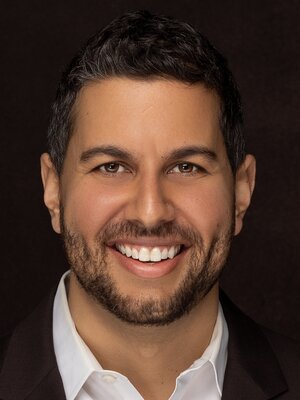
Civil rights litigator and District of Columbia Fellow Amir Ali has been selected as the new Executive Director for the Roderick & Solange MacArthur Justice Center. Ali previously directed the D.C. office for five years, during which time he also taught appellate and constitutional litigation at Harvard Law School, his alma mater. His appointment comes on the heels of an established track record of representing clients who have faced challenges related to police misconduct, the criminalization of poverty, the death penalty, and related issues.
After law school, Ali clerked for the Supreme Court of Canada and the U.S. Court of Appeals for the 9th Circuit before joining Jenner & Block as an appellate and Supreme Court practice attorney. He went on to win several key Supreme Court victories, including Welch v. United States, which held that a previous decision finding the residual clause of the Armed Criminal Career Act of 1984 unconstitutional “must be applied retroactively,” and Garza v. Idaho, which affirmed that a presumption of prejudice applies even if a defendant has signed an appeal waiver. Supreme Court Justice Sonia Sotomayor quoted Ali’s legal analysis in her Trump v. Hawaii dissent, where she disagreed with the constitutionality of President Donald Trump’s Muslim Ban. In his spare time, Ali is a board member for The Appellate Project, a Legal Advisory Council Member for the Fair Punishment Project, and a member of the Edward Coke Appellate Inn of Court.
Read more here.
